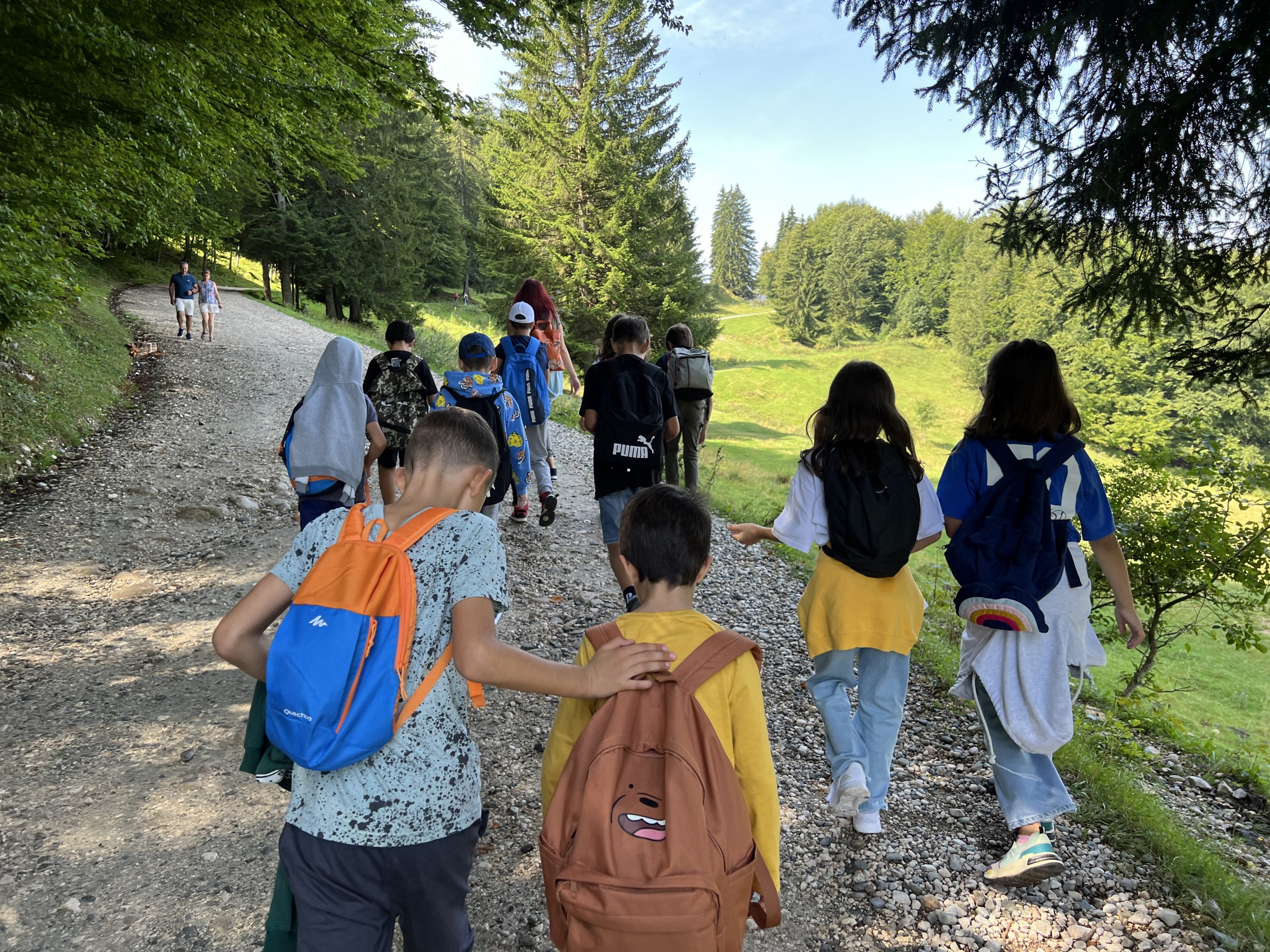
The A to Z Rules of Empathy: Definitions, Theories, and Directions
Empathy is one of the most important skills for having positive and lasting relationships with those around you. Empathy is an important part of emotional intelligence and includes both our ability to recognize, understand and manage our own emotions and the ability to recognize, understand and influence the emotions of others.
A thriving adult life requires excellent relationship skills, and empathy is fundamental to positive and close relationships. Precisely for this reason, it is important to support children from an early age in the process of understanding and practicing empathy.
Encouraging our children to develop empathy is important both for the quality of relationships they develop and for their overall well-being.
We all want to feel understood by others – it's a basic human need. When we know that those around us can relate to our emotions and recognize our thoughts, we feel valued and supported. As a child begins to develop empathy, he becomes aware of the differences between himself and other people and begins to realize that we all have different thoughts, opinions and feelings, helping him to become more tolerant and accepting of other people.
According to the psychologist Paul Ekman, there are three types of empathy:
Cognitive empathy
It involves perspective shifting and refers to our ability to understand how other people are feeling or thinking.
With this form of empathy, we can recognize another person's perspective but not feel their emotions and remain relatively detached. We may think, "I would be so worried if this happened to me," but we are not emotionally affected.
Emotional empathy
Here, we actually feel another person's emotions as if they were our own. We become connected to their emotional state and experience the same feelings. It's almost contagious – they feel something, so we start feeling it too.
Empathy from compassion
Here we not only understand what someone else is going through and experience many of the same emotions, but we also feel compelled to help in any way we can. Understanding and being able to relate to another person's emotions leads us to think of strategies to help them.
Empathy and sympathy: differences and characteristics
Sympathy involves understanding from one's own perspective. Empathy involves putting ourselves in the other person's shoes and understanding WHY they feel what they feel at a certain moment. In this VIDEO, Brene Brown explains the difference perfectly when she says: "Empathy fuels connection. Sympathy stimulates disconnection".
When does empathy develop in children?
Empathy is a complex skill and can take many years to develop. Although very young children may show signs of empathy, it is best to view its development as an ongoing activity throughout childhood and into adulthood. Empathy is influenced by many factors, including our genes, personality, and the environment in which we are raised. We also need life experience and opportunities to practice empathy for it to flourish. Here are three general strategies for teaching empathy at any age
We shape empathy in children's personality
Whenever we want to pass on a certain skill, competence or value to children, it is important that we ourselves have it well integrated in our baggage of qualities. Thus, children not only understand at a conceptual level, but also have an example that to follow him to get to practice that new skill.
It is important to treat the little ones with empathy and patience and to support them so that these skills are part of their everyday life. The more empathy children receive, the more likely they are to offer it to others.
We talk about emotions
Through discussion, children manage to connect certain feelings and emotions with different reactions and triggers. Once they are able to identify and understand their own emotions, the little ones will be able to see them in others and adapt their behaviors by referring to the context in which they are.
Kindness gestures
When we help others, we train our empathy and are open to hearing their stories. Acts of kindness (ex: compliments, donations, volunteering, etc.) give children the opportunity to interact with people from different backgrounds and ages, which makes it easier to show empathy for all people. Children who exhibit more prosocial behaviors (such as empathy, open communication, and kindness) are happier, have positive self-esteem, and even do better in school.
Empathy is a choice, and it is a challenging choice, because in order to connect with those around us, we must first of all connect with ourselves.
Empathy can be learned and developed over time, and it will give children a foundation on which to build sound judgment, success, and positive, healthy relationships throughout life. Let's practice together and understand empathy here, from this educational resource.
*Article written by Veronica Dunga, KEN Academy trainer.
